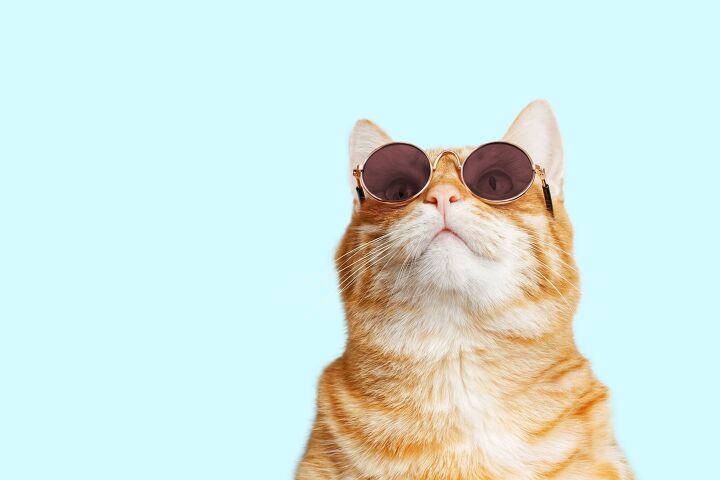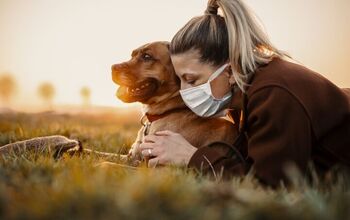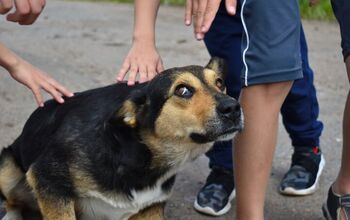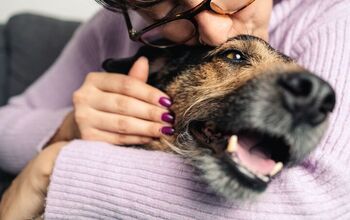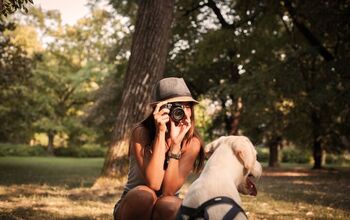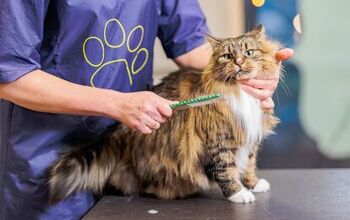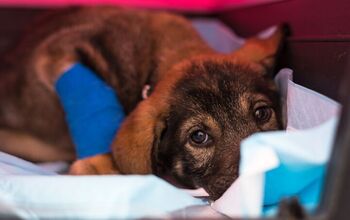Ready for the Solar Eclipse? What You Need to Know

Sunglasses? Sunblock? Treats? What should your solar eclipse arsenal include?
For many in North America the April 8th solar eclipse is a can’t-miss. And no doubt Amazon is reaping the financial rewards from keeners stocking up on specialty eye gear for the occasion.
But what about our pets? Should they not be afforded the same eye protection just in case they gaze upward to look at this brilliant spectacle?
Truth is, unlike humans, animals are unlikely to fixate on the eclipse. It’s not in their nature to enter into a stare-down with the sun and if you do see your little kipper looking up for longer than is comfortable, simply distract him with toys and treats – a sure guarantee to safely redirect his focus.
So, with fears over having to play pet parent to a visually impaired fur kid now allayed, let’s consider some of the other stuff that may impact your best buddy. Because just like humans, our pets have a circadian rhythm that can be thrown off when day suddenly turns into night.
Not sure what a circadian rhythm is? You may know it better as your “internal body clock” and it’s driven by an area of the brain that responds to light and dark. On a sunny day, we’re wide awake, but on overcast days we’re fighting the desire to nap. Our pets are similar and when daylight suddenly turns to darkness both wild and domestic animals can have a strong instinctive reaction.
Professor of Animal Behavior at Indiana University, Erica Cartmill, comments that your pet cat might start yawning and stretching as it readies for bed. A dog may begin howling as if it’s nighttime. But "more concerning for pet owners, is that pets might show anxiety behaviors in response to the solar eclipse. Like thunderstorms, vet visits, and fireworks, three common pet anxiety triggers, total solar eclipses are "strange and unusual." These same stressors can even act as a trigger for dogs prone to having epileptic seizures.
It gets even wilder when you see the results from the large-scale study of zoo animals conducted during the 2017 eclipse by Adam Hardstone-Rose, Professor of Biological Sciences at NC University. Titled “Animal Behavior during a Total Solar Eclipse” he followed the reactions in 12 animal exhibits during the 2-minute and 30-second changeover into total darkness. “To be entirely honest, I didn’t think we were going to see anything interesting. Animals see clouds go overhead all of the time, occasionally it’s overcast – I didn’t think animals were going to care at all about this,” says Hardstone-Rose. “Astonishingly, three-quarters of the species that we watched had some sort of reaction.” Gorillas marched over to be let in for the evening and were kind of perplexed as to why they weren’t being let in. With flamingos, the adults gathered around the perimeter and clumped around the babies while the giraffe herd began running around their enclosure, only calming down when the sun came back.
But back to you and your fur-kids. No surprise the experts say your pet will take their cue from you. And when they sense this unusual phenomenon is no "biggie", they'll stay calm, cool and collected. But stock up on extra treats just in case.

Sharing space with three seriously judgy Schnoodles and a feline who prefers to be left alone. #LivingMyBestLife
More by Mary Simpson



